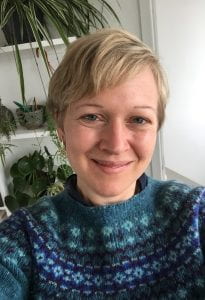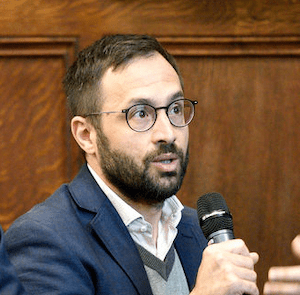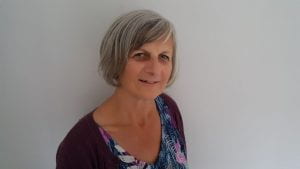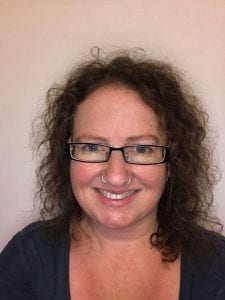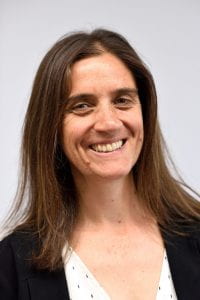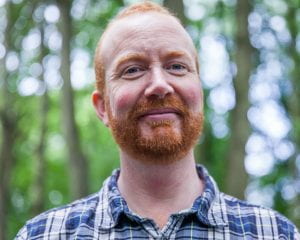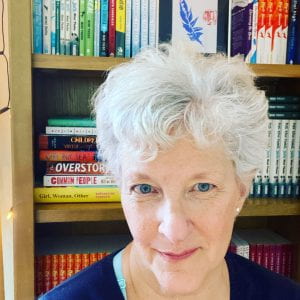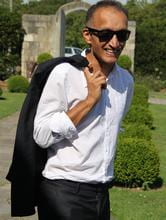Meet Dr Naomi Millner, Programme Director for Human Geography: Society and Space, in the Faculty of Life Sciences.
Tell us about your journey into academia…
I completed my undergraduate degree in modern and medieval languages, but really loved engaging with social scientific questions and methodologies through some optional units in the second half of my degree. After a year taking part in voluntary community work and some paid work as a Research Assistant on a project about ‘learning to learn’ with young people who’d dropped out of education, I realised that I missed learning but wanted to develop my profile to explore issues of social inequality and processes of social change.
I scoured master’s programmes all over the country, but focused on Bristol as a city I found culturally and politically interesting. This led me to discover the MSc in Society and Space based in Geographical Sciences – a programme I now direct! I applied for a ‘1+3 award’ from the ESRC (Economics and Social Sciences Research Council) to study for a PhD as well, and was delighted when I was accepted onto the programme. That was the beginning of my career in Human Geography!
What’s your favourite thing about teaching on postgraduate taught programmes at Bristol?
Society and Space is a really dynamic course that allows students to explore rich cultural theories and dynamic political debates at the same time as training them in social science research methodologies. I think it’s an unusual programme at this level in that it does equip you with the research skills you’d need to go on to a PhD or a career using social science research skills (quantitative and qualitative), but you also get to go really deeply into the big social and political questions. There are also options to specialise your route through the programme, but these are limited and carefully designed so that you get a well-rounded degree, rather than a ‘pick and mix’ set of options that might not go well together.
What’s your number one top tip for prospective postgraduates?
I’d recommend that prospective students consider what they really want from a master’s degree. There are quite different options out there and they will suit different kinds of students. It’s important not just to choose a programme based on the academic reputation of the institution or where it is, although these are important factors to consider, but what skills you’ll be learning, and what the balance is between methodological training and units taking you into more theoretical or thematic based units. I think Society and Space really suits students who are looking to combine exposure to cultural theory and philosophical debates with strong methodological training and immersion in contemporary geographical debates. And of course our research culture is top-notch!


